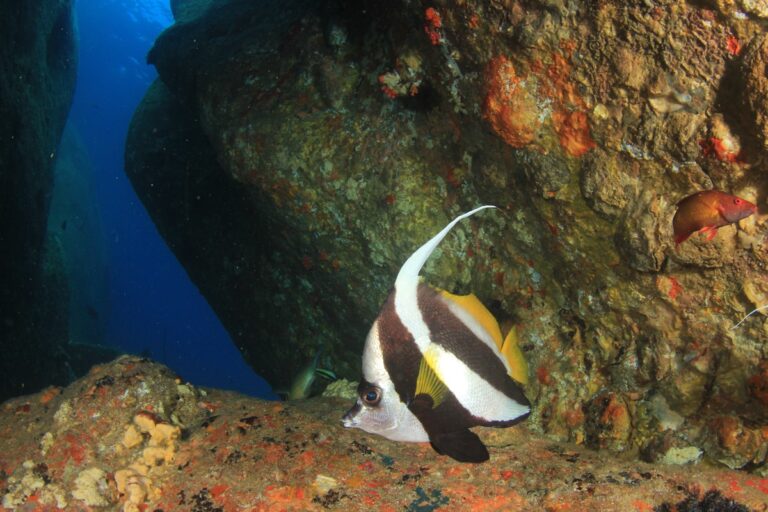828th Week: Gratitude, Gratitude, Gratitude
Early this morning, before the world was really up and going, I awakened to hear fire engine sirens going down Second Avenue here in New York City. As I listened, I found myself filled with gratitude for all the people who have worked to take care of the rest of us during this time of the pandemic. I thought about the firefighters on the trucks I heard outside my window. I thought of the people who collect garbage, all the workers in my apartment building who have traveled back and forth from home to work throughout the pandemic. I thought of police officers (those who serve with care), grocery workers, street cleaners, the amazing health-care workers who have given their all during this time, those people working to offer vaccines to the rest of us—the list goes on and on and on.
Without all these people, life in the city—pretty much life anywhere—would not be possible and I am filled with gratitude overflowing for their service to the rest of us. I have been safe in my apartment, working on zoom throughout the past year, and because of countless people, most of whom I will never meet, I’ve been able to have food, electricity, water, medical care if needed.
For this week’s practice, I invite you to pay even more attention to expressions of gratitude than you may already be doing. These expressions needn’t be out loud. The important thing is that the contributions of so many people can live in your heart and generate the internal experience of gratitude. That said, I have a tendency to thank people as I see them, which includes those I mentioned above, as well as the people who take care of Central Park so the rest of us can enjoy some time there.
Read More “828th Week: Gratitude, Gratitude, Gratitude”




